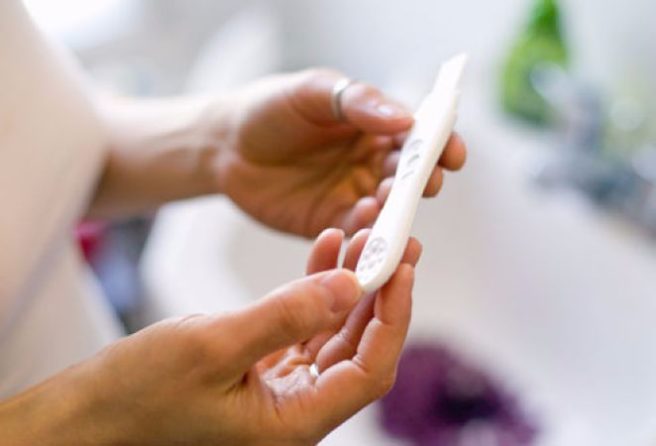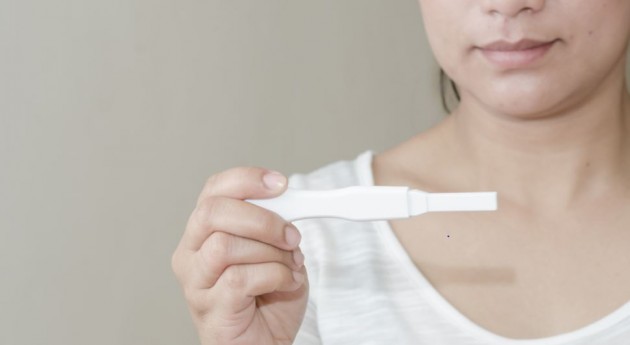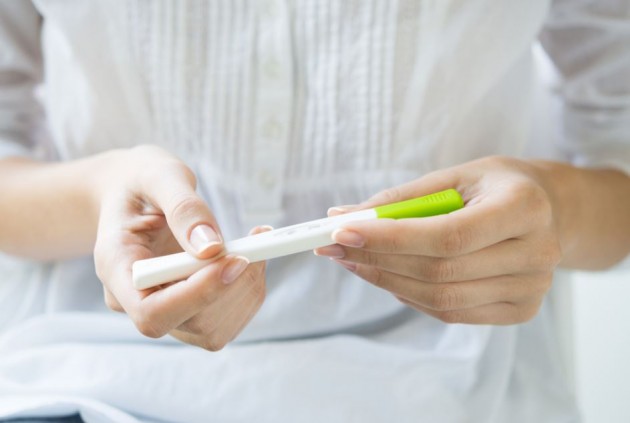
60 per cent of Irish women fear they missed the window to conceive
At a time when women feel pressure to prove themselves in countless areas of their lives, it’s no surprise that many of us fear we’re falling short.
Whether it’s in the workplace, at the gym studio, on the social scene or with friends and family, we live in a society where women feel compelled to tick every box – an unattainable undertaking which ultimately leaves many of us in a state of stress or anxiety.
According to a recent survey conducted by MummyPages.ie, these concerns are by no means the reserve of the present, but, in fact, cast a shadow over the woman’s future, with more than half of young Irish women worrying about their chances of conception.
The research, which was conducted in conjunction with the advanced fertility supplement brand Proceive, reveals the worries facing women trying to get pregnant right now, and the steps they’re taking to improve their chances.

With many women admitting they spent most of their twenties actively trying to prevent conception, the statistics born of the study illustrate the sharp 180 many women do as they reach their thirties, as friends and family remind them that the biological clock is ticking.
82% of women surveyed take daily folic acid supplements in preparation for pregnancy while 53% have lost weight to boost their chances of conception.
62% have cut out or cut down on alcohol to help their chances of getting pregnant while 38% are taking fertility enhancing prenatal vitamins and 37% are exercising more.
Commenting on the findings, Proceive’s nutritionist, Gaye Godkin said: “Egg quality can be enhanced if they are released into a healthy nutritious environment.”
“Fostering a good diet and ensuring that you are taking the essential nutrients can positively affect the health of your eggs and subsequently the developing foetus.”
“One in three Irish women expect it will take them six months or more to get pregnant. And while a lucky 40 per cent will get pregnant in their first three months of trying, a further third of our mums will still be trying after 12-months,” she added.

Reinforcing the importance of a healthy lifestyle, Laura Erskine, spokesmum for MummyPages.ie, said: “The idea of making new food choices that have the optimum conception inducing vitamins and minerals through diet and supplements is one which is embraced today.”
“A prenatal fertility supplement such as Proceive is designed to support the nutritional needs of the body when trying for a baby and can be taken by both womenand men, which is good news for 1 in 10 women who are worried that their partners health may affect their chance of conception.”
Laura added: “Losing weight, taking prenatal vitamin and mineral supplements, reducing sugar, caffeine and alcohol in their diets, and avoiding stress will all help the baby making process – and having regular sex too of course!”
The study, which harnessed the opinions of almost 200 women, was conducted in June 2017.






